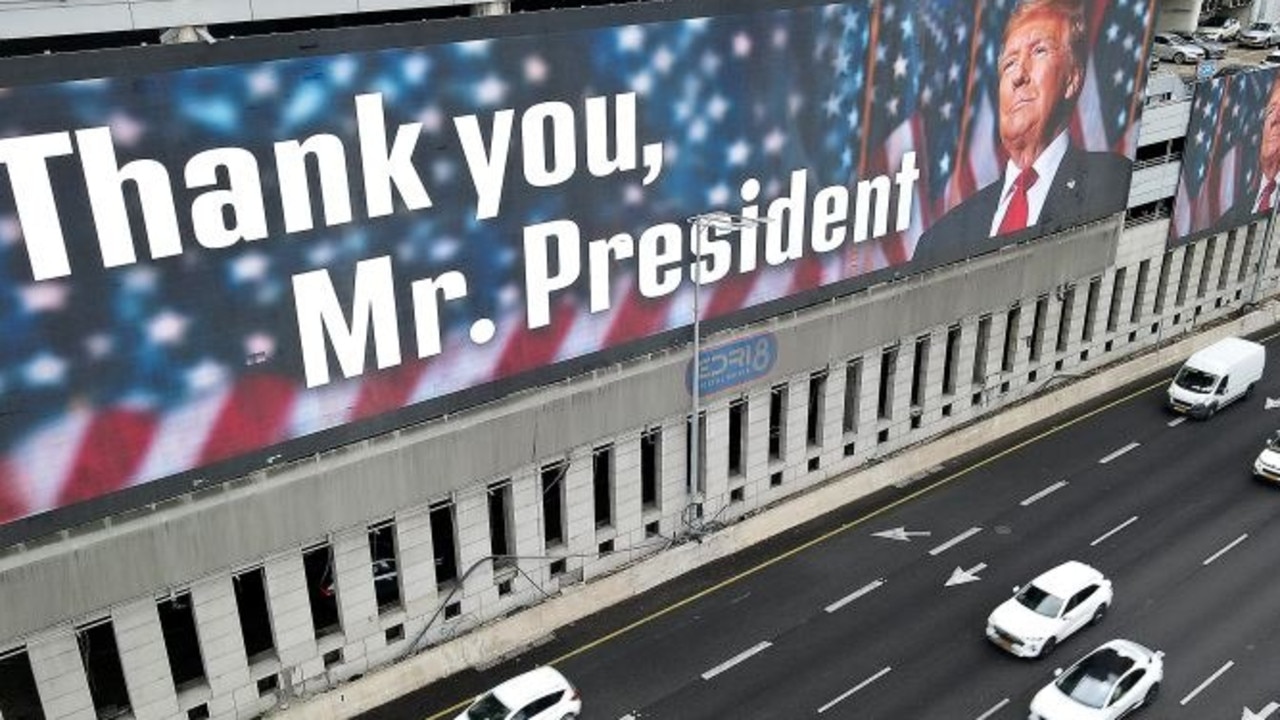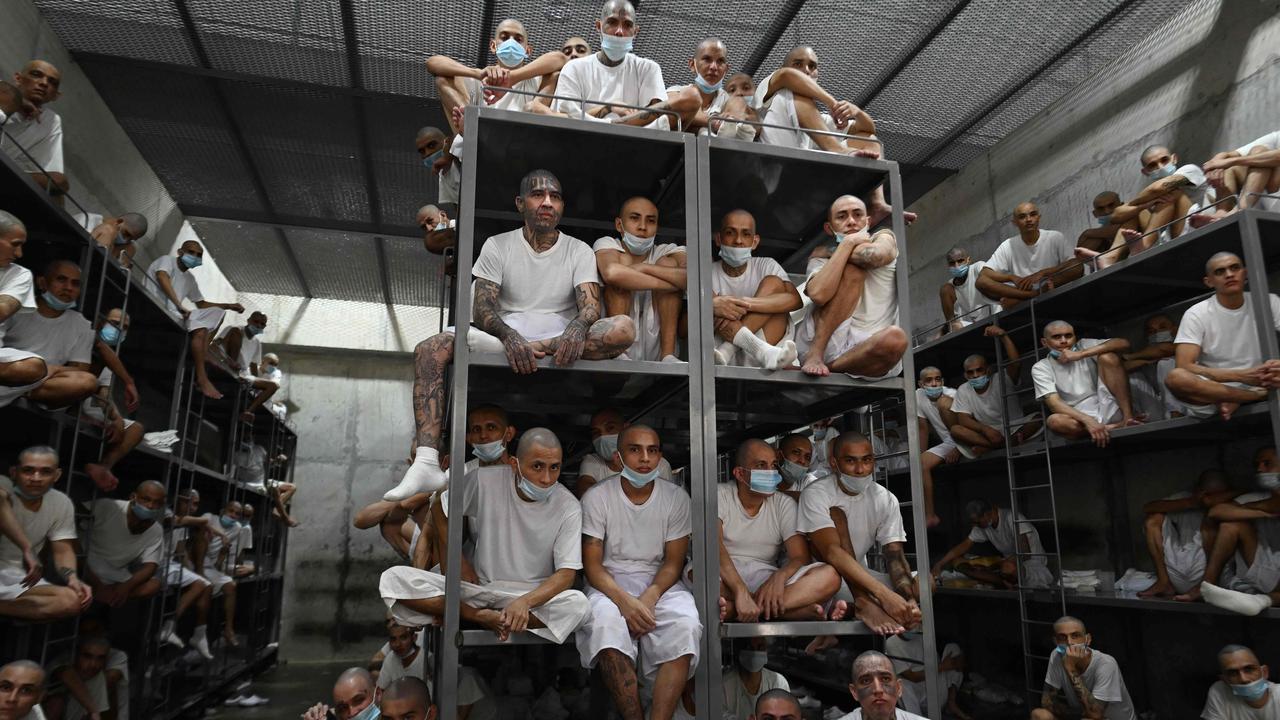Battle for swing states is tied, Trump has edge on top issues, WSJ poll shows
US voters prefer Republican presidential candidate Donald Trump on economy and border security, but Kamala Harris still has a path to Electoral College win.
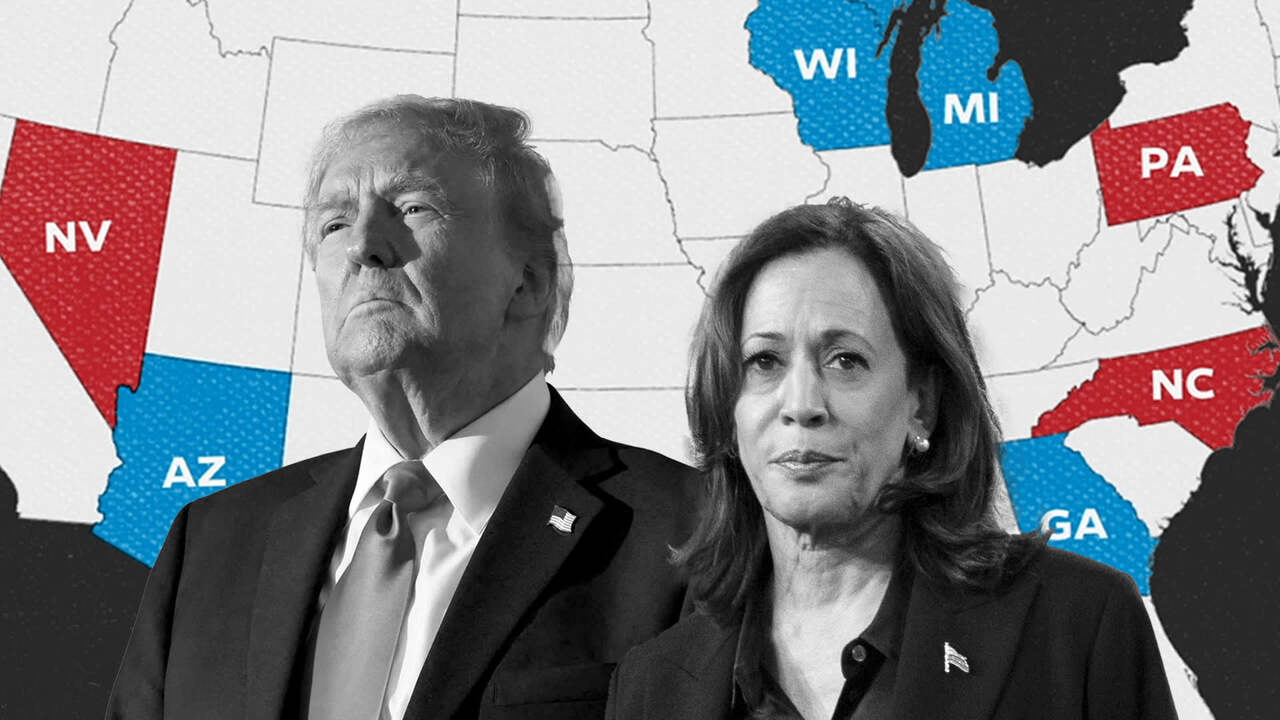
Voters in the nation’s seven battleground states see Donald Trump as better equipped than Kamala Harris to handle the issues they care about most – the economy and border security – yet are divided about evenly over which candidate should lead the nation, a new Wall Street Journal poll finds.
The survey of the most contested states finds Harris with slim leads in Arizona, Michigan, Wisconsin and Georgia on ballots that include independent and third-party candidates where they will be offered as options.
Trump has a narrow edge in Nevada, North Carolina and Pennsylvania. But no lead is greater than 2 percentage points, except for Trump’s 5-point advantage in Nevada, which like the others is within the poll’s margin of error.
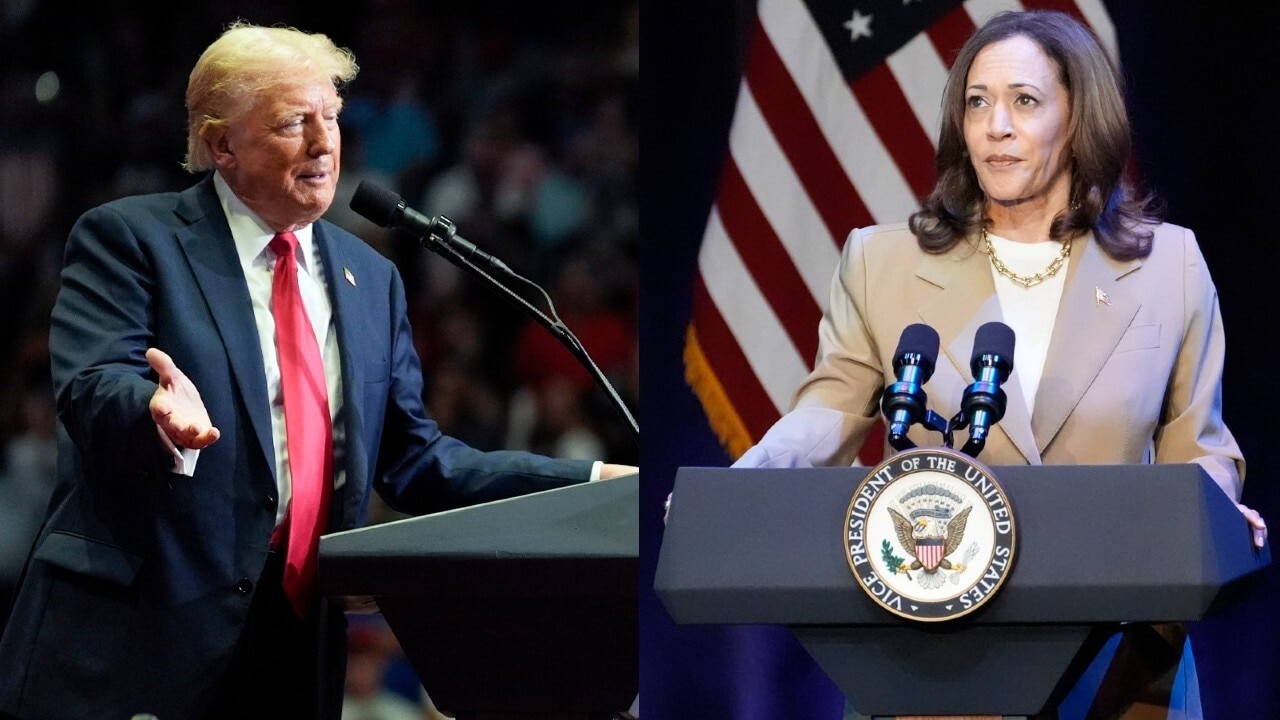
Across the full set of 4200 swing-state voters, Trump gets 46 per cent support and Harris draws 45 per cent. The survey finds that the race in every state – and therefore the presidential election – is too close to call. If Harris wins the states where she leads in the poll, she would win a narrow majority in the Electoral College.
The survey also shows that a campaign marked by bitter rhetoric, a switch of candidates atop the Democratic ticket and two assassination attempts on Trump have pushed Americans into their partisan corners, with neither candidate taking a meaningful share of voters from the other’s party.
Trump, the former president, is holding 93 per cent of Republicans across the seven states, while Harris, the vice president, retains 93 per cent of Democrats.
Independent voters are evenly divided, 40 per cent for Harris and 39 per cent for Trump – another factor that makes the contest an up-for-grabs race in each state.
“This thing is a dead heat and is going to come down to the wire. These last three weeks matter,” said David Lee, a Republican pollster who worked on the survey with Democrat Michael Bocian.
“It really could not be closer,” Bocian said. “It’s an even-steven, tight, tight race.”
The results suggest that Harris has a potential path to victory through the competitive Sunbelt states, a route that seemed foreclosed when President Biden led the Democratic ticket. By 6 percentage points, more voters in Arizona are backing Harris now than supported Biden in a Journal survey in March. Her share of the vote has grown by 5 points in Georgia over Biden’s showing, and by 4 points in North Carolina. By contrast, Trump’s share has changed little in the seven states, compared with March.
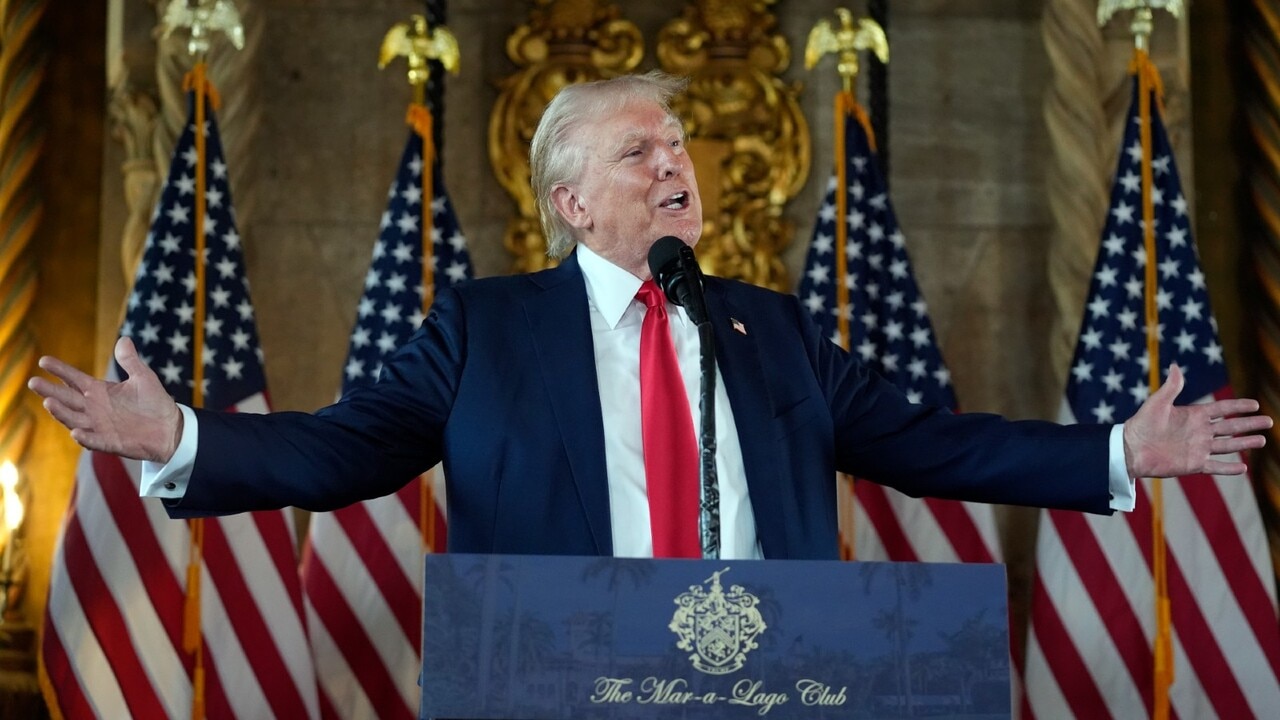
By 10 percentage points, more say Trump than Harris would be better at handling the economy – the issue that voters cite as most important to their choice of candidate. By 16 points, voters favour Trump for handling immigration and border security, the No. 2 issue of concern.
Those advantages raise the question of why Trump’s leads on the most pressing issues haven’t translated into a clear advantage over Harris, despite a sense of pessimism about the nation’s direction and the economy that is typically a warning sign for the party that holds the White House. The survey suggests several possible reasons.
One is that voters hold a nuanced view of the candidates’ leadership on the economy. Harris has the advantage when voters are asked which candidate would best handle some aspects of Americans’ economic lives, such as healthcare, and she has a slight lead in handling housing affordability.
By 6 points, more voters say Harris “cares about people like you” than say so of Trump. The two are essentially tied when voters are asked which one will stand up for American workers.
Views of the economy show voters drawing a distinction between the state of affairs nationally and in their home state. Nearly two-thirds say the national economy is poor or not so good, with just over a third rating it as good or excellent. But asked about the economy in their home state, a majority of 52 per cent rate it as good or excellent. Half say their personal finances have moved in the wrong direction in the past year, a slightly larger share than the 46 per cent who say they have moved in the right direction.
Harris’s clearest edge is on abortion: By 16 points, voters see her rather than Trump as better able to handle the issue. Some 61 per cent say they want abortion to be legal in all or most cases.
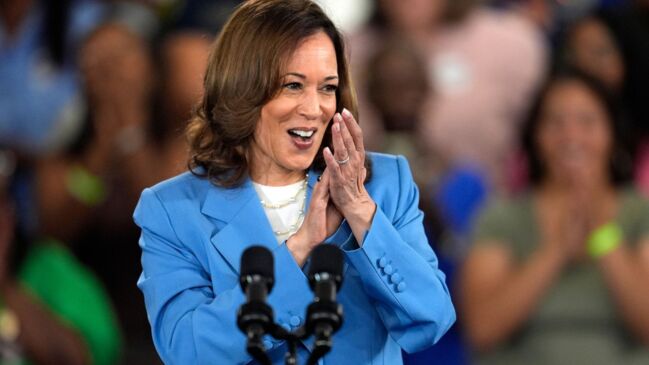
That divide may be fuelling questions voters have about Trump’s leadership style. While Trump has the edge when voters are asked which candidate has the right experience for the job, he is also seen as “too extreme” by 48 per cent of voters, compared with 34 per cent who see Harris as “too extreme.” Those voters may also be commenting on Trump’s aggressive rhetoric and personal style. “It’s not necessarily a set of issues, but the way in which he leads and governs and behaves,” Bocian said.
The outcome of the race will come down to a small share of voters who haven’t firmly locked into their choice for president. About 16 per cent of voters are considered by pollsters to be “persuadable” – that is, available to either party, even if they are leaning toward a candidate now. That is down from 32 per cent in March, and compares with 12 per cent in the Journal’s most recent national poll in August.
More narrowly, about 6 per cent of voters are undecided, and their views of the candidates are mixed. These voters give Trump higher ratings for his job performance as president than for Harris in handling her office today. But asked their general view of each candidate, Harris draws the more favourable ratings.
“They dislike Trump more but approve of his job performance more,” said Bocian, who added that many of these voters are unengaged and won’t vote. That leaves even a fraction of this fraction of voters as potentially deciding the election.
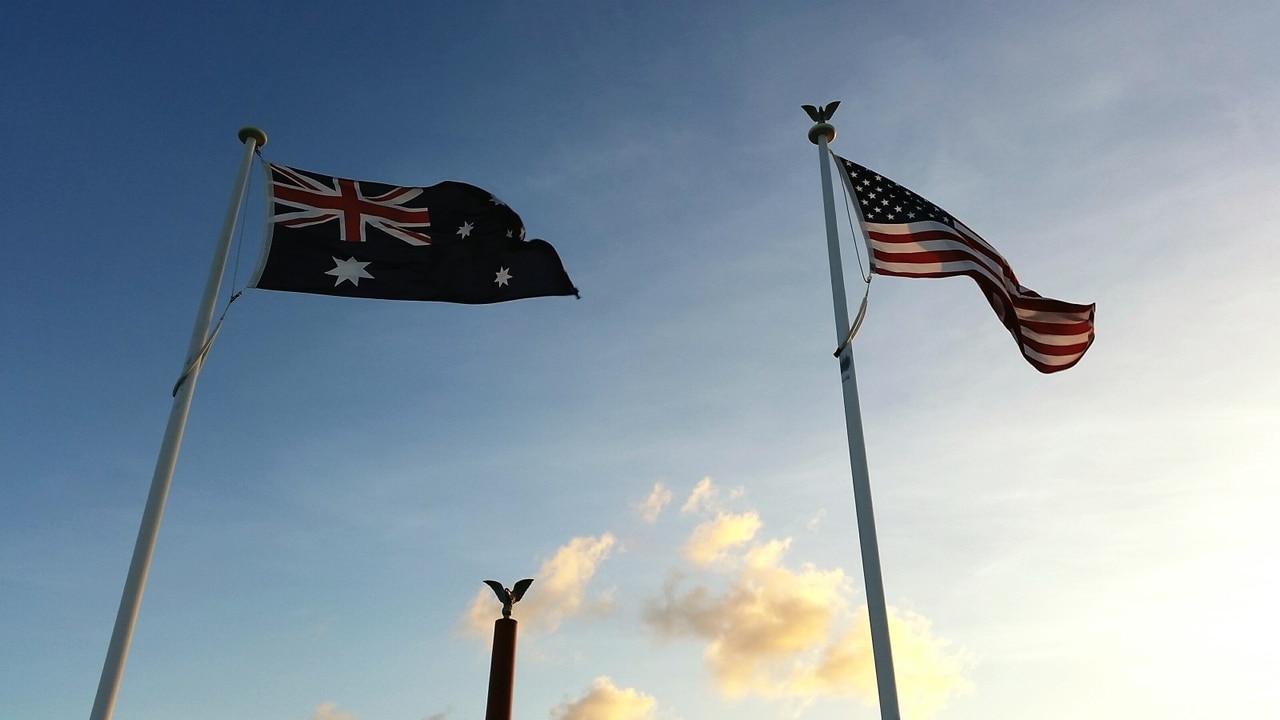
To Bocian, the results reflect big gains for Democrats since the Journal surveyed the presidential battlegrounds in March. “Trump had clear advantages in all of these states,” he said, “and you had a massive impact of third-party candidates,” who were drawing 18 per cent and even 20 per cent support in some of the states.
“Now the third-party support has evaporated almost completely, and the race is tied in all the states.” Lee said that the results suggest problems for Harris. He pointed out that polling averages at about this time in 2020 showed Biden with leads of more than 5 points in each of the industrial Northern swing states, a bigger gap than Trump faces today in any battleground.
While the survey shows voters remaining loyal to their party’s nominee, there are signs in some places of erosion among Republicans for Trump. In Arizona, where Harris leads by 2 points, Trump is holding only 88 per cent of Republicans – with 8 per cent defecting to Harris – while Harris wins 96 per cent of Democrats.
That result likely reflects that Republicans in the mold of the late Arizona Sen. John McCain, a Trump adversary, are uneasy with the former president and unwilling to support him.
The poll was conducted with live interviewers by cellphone and landline phone, with some respondents reached by text and offered the chance to take the survey online. It was conducted from Sept. 28 through Oct. 8. During the survey period, North Carolina was racked by Hurricane Helene, which devastated parts of the state. Pollsters avoided calling the most affected parts of the state when the storm was having its greatest effect.
The Wall Street Journal poll interviewed 600 registered voters in each of seven states. The margin of error for the full sample of 4200 was plus or minus 1.5 percentage points and 4 percentage points for results from any one state.
Dow Jones Newswires




